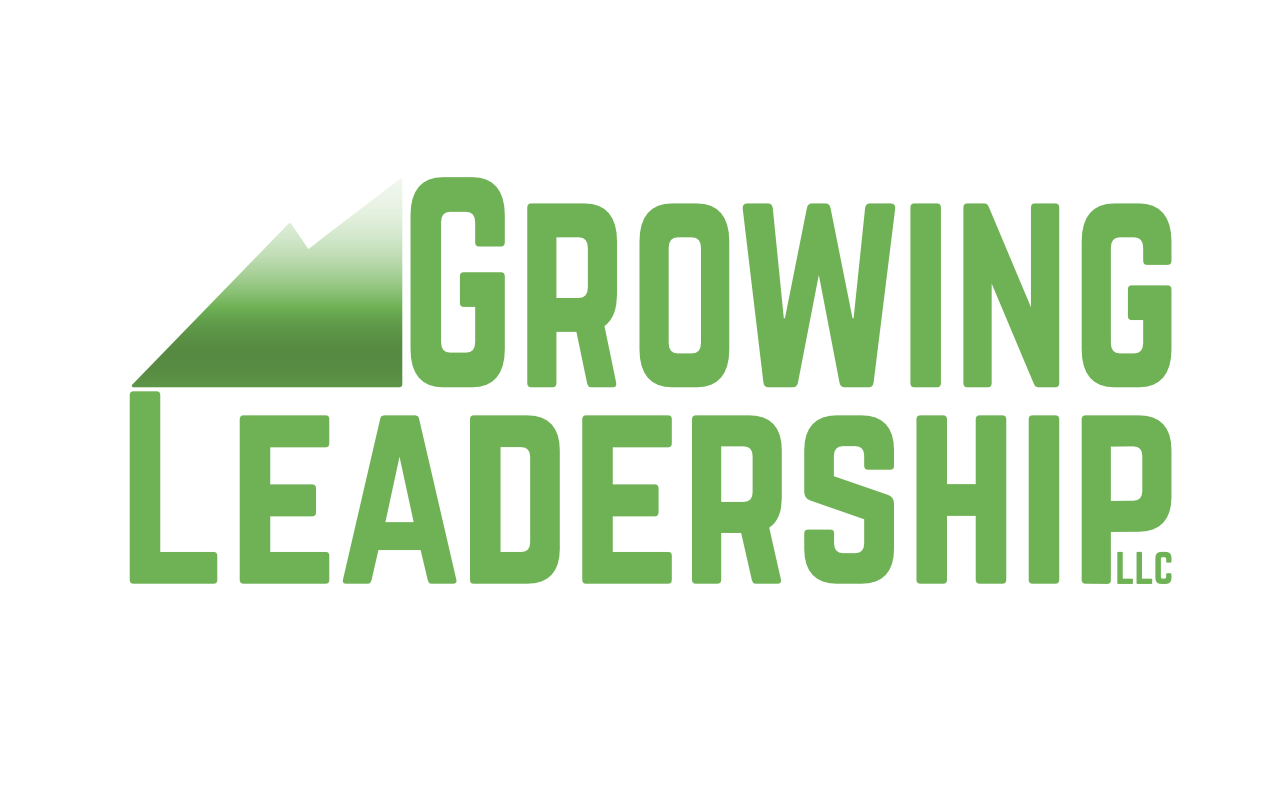Successfully managing employee performance is an important aspect of leadership effectiveness. An effective leader ensures that negative staff behaviors and performance are effectively managed, including use of a progressive discipline ladder process. The right combination of feedback and encouragement can make a big difference in both the lives of those you work with and the bottom line.
Read MoreEffective leaders use annual performance reviews to strengthen both business outcomes and individual staff capacity. A good performance review process incorporates goals, results, and workplace behaviors, as well as employee input and personal development planning. It is important for the manager to be thoughtful, thorough, and fair. A boss who conducts monthly supervision meetings will have an easier time writing quality annual reviews.
Read MoreMeaningful conversations about race are difficult and rare, a kind of third rail we often don’t want to touch. But these are not times to be quiet. If we want to build a better nation, all of us, especially leaders, need to become better educated and look deeper within ourselves for unconscious bias. We need to get out of our comfort zones and courageously encourage conversations with people different from ourselves.
Read MoreHow realistic is it to place a high value on meaning in career and work? Most of us need the paycheck, of course, but, beyond that, what are reasonable expectations from work? Successful leaders instill a feeling of purpose in their employees, communicating why work matters, and aligning individual roles with the organization’s purpose.
Read MorePositive interactions between managers and line staff are critical to business success. Yet, as many as 64% of workers say they would trust a robot over their manager. The power and beauty of the leadership role is creating positive opportunities that develop human potential and increase business success.
Read MoreWatching the COVID-19 epidemic unfold has a déjà vu feeling for me. in July 2014, I was Country Director for Peace Corps in Guinea when there was a spike of Ebola cases. As I reflect back on that experience, one of the things that really made a difference was the leadership by US Ambassador Alex Laskaris who demonstrated an array of key leadership skills.
Read MoreGreat teamwork doesn’t happen by accident; it requires leadership that proactively creates team cohesion and a positive work climate, with members who clearly understand their role and what it means to be an effective team member. You can read Dr. Teschner’s full column on this topic in the January 17, 2020 edition of the New Hampshire Business Review here: https://www.nhbr.com/building-great-teams/.
Read MoreSupervisors are more effective when they hold regularly-scheduled, individual meetings with all direct reports. I don’t just mean the usual day-to-day contact about active projects, but rather 30-60 minute meetings held monthly (or biweekly) on a planned schedule. Such meetings a powerful way to develop deeper relationships with your staff and discuss important work issues.
Read MoreEvery leader would do well to take a close look at their business culture. Does every staff member have a clear sense of their role and how it fits into the greater mission? Does everyone understand and embrace the mission statement or do they see it as something that collects dust on the wall or simply gets lip service? Are there inconsistencies between leadership words and actions that undermine employee trust?
Read MoreThe most effective leaders “encourage the heart” including cheering and rewarding successes, promoting staff appreciation, and building community spirit. In their book The Leadership Challenge: How to Make Extraordinary Things Happen in Organizations, Jim Kouzes and Barry Posner highlight this as one of five key leadership practices. Encouraging the heart has many aspects including
Read More
